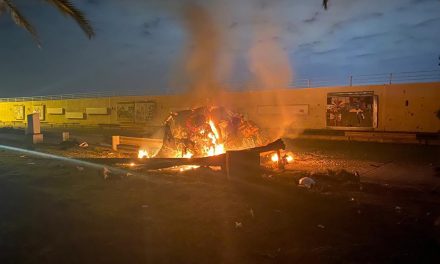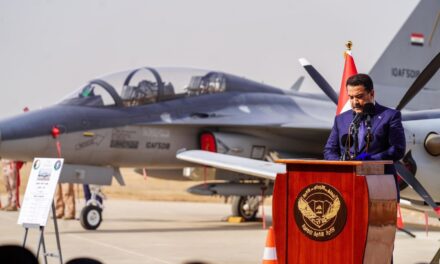Iraq is facing a serious water shortage problem, which due to climate change and human actions is expected to be more severe. Serious, prudent, and quick steps are needed to overcome this problem. Here are the major items that Iraq’s strategy to resolve its water crisis should include.
A national water master plan
Generally speaking, Iraq needs a national water master plan according to a new strategical water management vision. This should happen fast, based on water researches and cooperation of Ministry of Water Resources with universities, regional government organizations, NGOs, UN organizations and other international institutions and organizations (FAO, WMO etc.).
Strong diplomatic efforts
Some of factors involved in water shortage problem in Iraq like global warming and the Turkish GAP project cannot be solved independently. These themes need to be addressed with regional and international cooperation. Therefore, cooperation on trans-boundary resources should be taken seriously. Iraq, Turkey, Iran and Syria are to coordinate their efforts to reach reasonable agreement with riparian countries on water quotes.
Modernization of irrigation and drainage system
Iraq’s irrigation and drainage system needs urgent modernization and maintenance efforts. Water quality of the Tigris and Euphrates Rivers are poor due to the return flows from irrigation projects. Inside Iraq, most of the irrigation returns flow is directed to the third drain river, which drains to the Gulf. This needs to be tackled. Furthermore, the government needs to work on creating public awareness program for farmers to use new suitable techniques in irrigation.
Building and maintaining dams
The process of building dams was stopped in the 1990’s due to the second Gulf war and UN sanctions. None of the existing Iraqi dams were filled to their maximum storage capacities during the twenty first century. This is due to the depletion of flow in the Euphrates and Tigris Rivers by the Turkish and Syrian dams. Also some of the existing dams face serious problems. Haditha dam is almost of no use now due to the severe depletion of the Euphrates flow; Mosul dam was built on highly soluble, fractured and jointed gypsum beds which left this dam at a high risk of collapse; rock sliding at Darbandikhan reservoir close to the dam wall requires the water level in this reservoir to be kept high to ensure the stability of the sliding rocks.
Hence, the Iraqi Government needs to realize that the process of building dams should be speeded up due to the large increase of water demand and the threat of reduced water in the rivers by Turkey and Syria. Furthermore, maintenance of dams should take the highest priority given that many are not in good shape.
Upgrade of water distribution and collection networks
The efficiency of the distribution network is very poor and lies at only 32%, deteriorating with time. For this reason water allocation per capita has been decreasing with time since 1980. Improved sanitation is 98% and 82% in urban and rural areas respectively. Only 48% have their toilets connected to pipe sewer systems in metropolitan areas, 57% have septic tanks in urban areas and 36% flush their toilets to latrines which is very common in rural areas. Furthermore, only 14 cities out of 252 urban centers have a waste- water treatment plant. Wastewater treatment capacity reaches 350,000 cubic meters per day and this serves 8% of the population. Most if not all the sewage and sewerage systems require replacement, rehabilitation and upgrading.
It should be mentioned that 70% of the sewage water is discharged untreated directly to rivers. Damaged waste water systems and drinking water networks are causing a mix of water, which as a result has many people infected by sewage related diseases. Therefore, distribution and collection networks for water supply and sanitation systems should be maintained and restored and new projects should be put in practice.
Better Technology and Education
Last but not least, research should be encouraged to import new technologies in water resources and agriculture which suites Iraq’s environment. Also, universities and institutes should be encouraged to offer special courses in arid region hydrology, and organize raining programs for technicians, engineers and decision makers in order to try to minimize water use and consumption.
Iraq needs to realize that through these measures it will not be preventing the crisis, as it is already in the middle of it, and that it is already affecting many aspects of life. Hence, even with the highest levels of implementation suggested, Iraq will only be trying to minimize the impacts of the crisis. This is why none of the suggested strategies mentioned is optional, as they need to be implemented quickly to prevent the worst from happening.

Shwan Mohammed
Shwan A. Mohammed is a PhD researcher in water and hydraulic structure engineering. He teaches at the Polytechnic University of Sulaimaniyah and specializes in ground water management.










